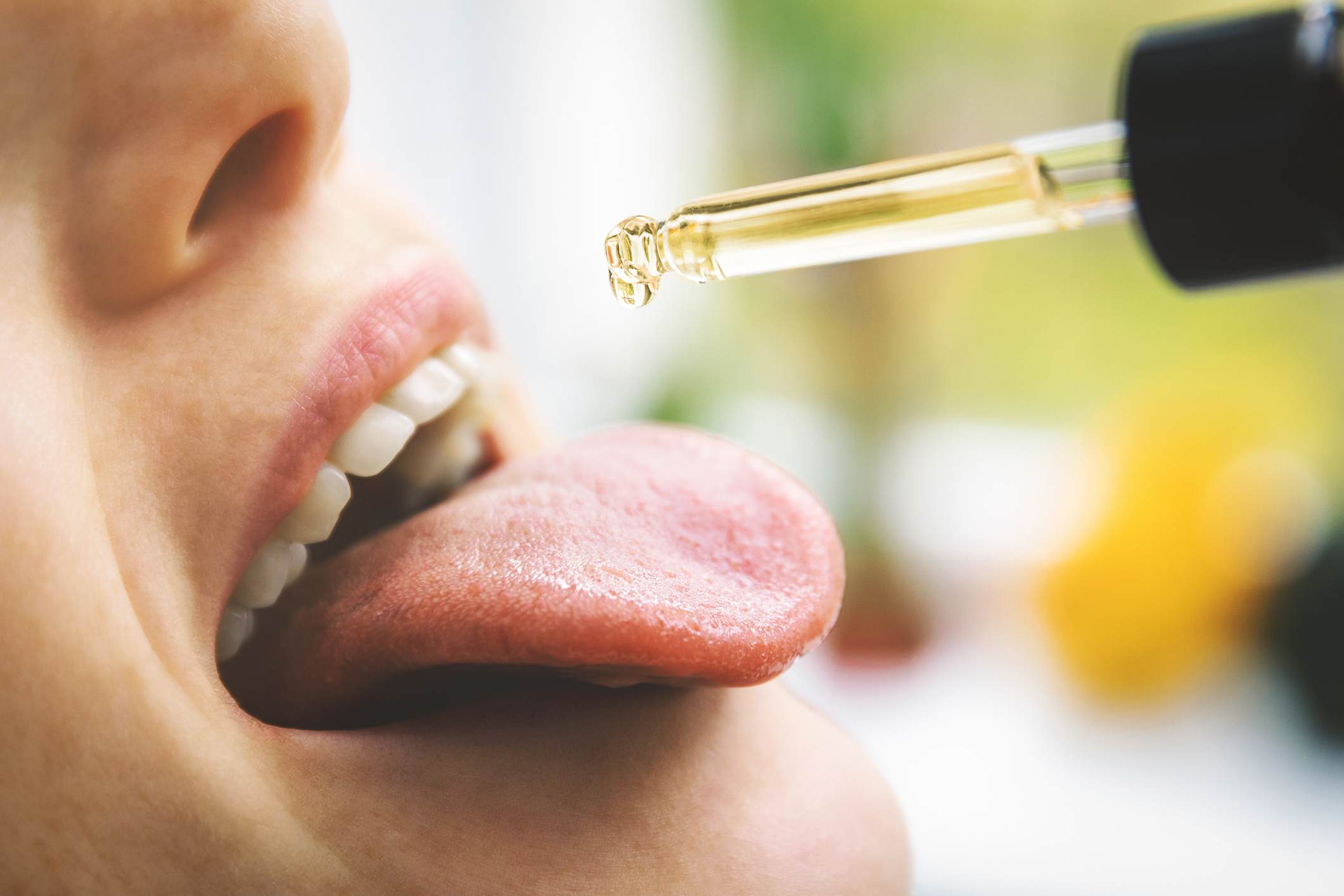

CBD has gotten a huge amount of press over the last few years, with both experts and patients touting its health benefits.
This more accepted cousin of marijuana has been associated with blocking the replication that allows the virus that causes COVID-19 to spread and destroying antibiotic-resistant bacteria.
But perhaps one of the most hyped claims of CBD might be its ability to provide pain relief.
After all, studies have demonstrated a link between taking CBD (cannabidiol) and relief from the pain of Lyme disease. And it’s been reported to offer more help for fibromyalgia pain than opioids.
Still, many have claimed that the relief that CBD provides truly is all hype — offering nothing more than a “placebo effect.”
So researchers at Syracuse University set out to find out the truth and see if you really can rely on CBD to overcome the pain that keeps you from living your life to its fullest.
Placebo or pain relief
The reason some researchers and doctors have been reluctant to believe in the pain relief of CBD or recommend it to people who live with constant discomfort is the idea that it only works because you believe it does.
This so-called placebo effect is summed up by Martin De Vita, a researcher in the psychology department at Syracuse’s College of Arts and Sciences, who points out that, “simply telling someone that a substance has the ability to relieve their pain can actually cause robust changes in their pain sensitivity. These are called expectancy effects.”
To get to the bottom of it, the researchers recruited participants who agreed to be put through thermal pain while being given either CBD or a placebo. The researchers then assessed their pain responses to see how they change based on which substance was administered.
And to make things completely fair and unbiased, they told some people who actually received CBD that it was only a placebo. And they told some of the participants who were given a placebo that they had just taken CBD.
This allowed the researchers to determine if it was actually the CBD that relieved the pain, or whether it was the expectation that they had received CBD that took that pain down a notch or two.
So what did they find?
The researchers determined that yes — CBD does have a placebo effect, reducing your pain just because you expect it to.
But it also works on the physical level, delivering true pain relief.
How?
They found that while CBD doesn’t seem to lower the intensity of pain it does help ease the uncomfortable feeling of pain.
Changing the channel on pain
Okay, I get it.
That statement seems strange.
CBD doesn’t make your pain better, but it does help you not feel it.
Well, here’s how the researchers explained the phenomenon…
“If you think of pain as the noxious noise coming from a radio the volume can represent the intensity of the pain, while the station can represent the quality,” De Vita says.
CBD doesn’t reduce the volume of the pain, but it does “change the channel making it a little less unpleasant.”
Choosing your CBD
Of course, when it comes to CBD, choosing the right one could determine whether or not you can actually benefit from its pain-lowering effects.
In the study, the researchers used pure CBD isolate oil.
“Commercially available CBD products differ in their content and purity, so results might be different for different CBD products, depending on what other compounds they may or may not contain,” says De Vita.
So be sure to check out the brand of CBD you’re considering before you buy.
For a little help deciding which way is best to grab the benefits CBD offers, here are the five easiest ways to incorporate cannabidiol in your everyday life, from edibles to creams and more.
Editor’s note: Have you heard of the entourage effect? Dozens of studies show it is now the most effective way to get the most out of a CBD supplement. If full-spectrum, doctor-approved, highly bioavailable CBD oil is for you, click here!
Sources:
New Research Shows Pain-Relieving Effects of CBD — Syracuse University
